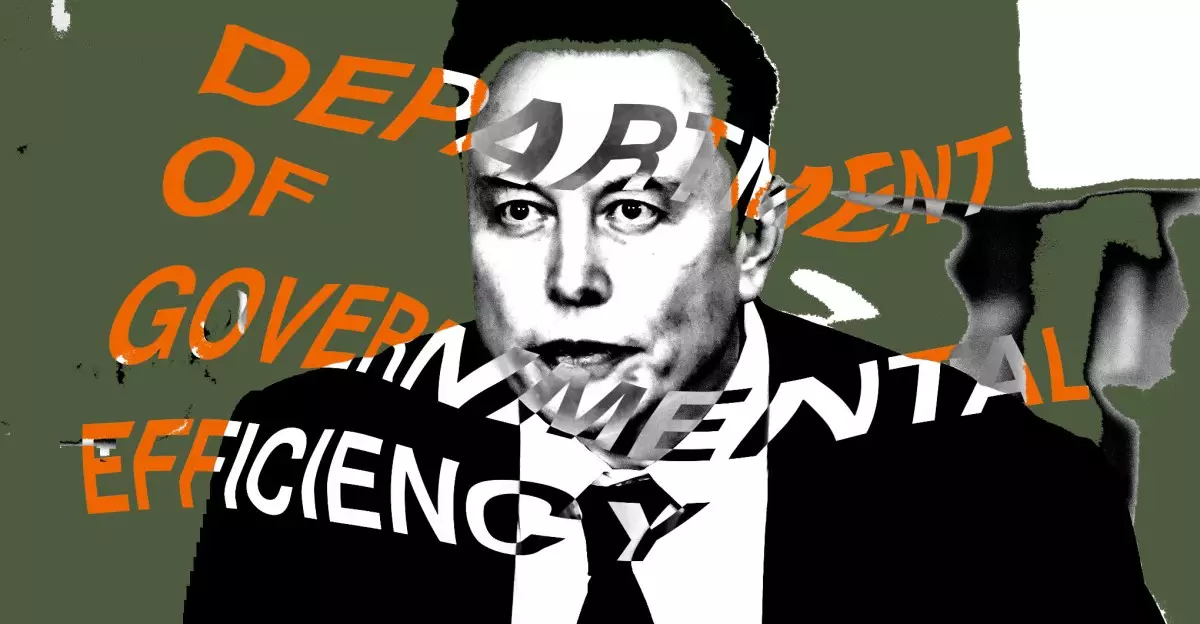In a move that has raised eyebrows and sparked heated debates, a recent directive from the Office of Personnel Management (OPM) demanded federal employees to detail their weekly accomplishments in a short time frame. This directive, reportedly stemming from remarks made by Elon Musk, left many workers feeling uneasy. Musk’s tweet emphasized accountability, stating that a lack of response would be perceived as resignation, a claim that has been met with legal skepticism.
The Email’s Implications and Legal Concerns
The OPM’s email, sent on a Saturday and requiring responses by Monday night, was intended to collect concise bullet points of what employees achieved in the previous week. While Musk’s motivations appear to focus on enhancing productivity and uncovering inefficiencies, legal experts contend that the demand contradicts established civil service protections. Law scholar Sam Bagenstos articulated the viewpoint that such a mandate lacks a legal foundation in the existing civil service framework. This poses significant implications for morale among federal employees, who already bear the burden of heightened scrutiny about their workloads and outputs.
Critics of Musk’s approach, including House Minority Leader Hakeem Jeffries, have articulated concerns over the psychological impact on federal workers and their families. Jeffries condemned Musk, stating that he is instilling fear among diligent public servants who are already often undervalued. This sentiment reflects a larger issue within the public sector, where employee stress and anxiety can lead to diminished job satisfaction and productivity.
Musk’s tactics are reminiscent of his management style at Twitter, where he implemented similar measures following his acquisition of the platform. By monitoring outputs and demanding intense productivity, Musk aims to reshape workplace expectations. Nevertheless, parallels to his past actions have invited criticism and raised questions about the effectiveness and legality of his methods, particularly concerning federal employees, who are protected by specific employment laws intended to ensure job security and fair treatment.
This incident serves as a catalyst for a much-needed discussion on workplace culture within governmental agencies. It compels us to question how accountability is instilled within public institutions. While some level of tracking performance is essential, the methods employed must respect the legal frameworks put in place to protect workers. Lack of consideration for employee well-being and rights can lead to a harmful atmosphere characterized by fear rather than productivity.
The Path Forward
Future dialogues must pivot toward finding balanced solutions that consider both efficiency and worker rights. As federal agencies navigate these tumultuous waters of management style and public service, it becomes imperative for leaders to cultivate environments that promote transparency and collaboration rather than intimidation. Only then can they hope to draw out the best from public servants dedicated to serving their communities.

